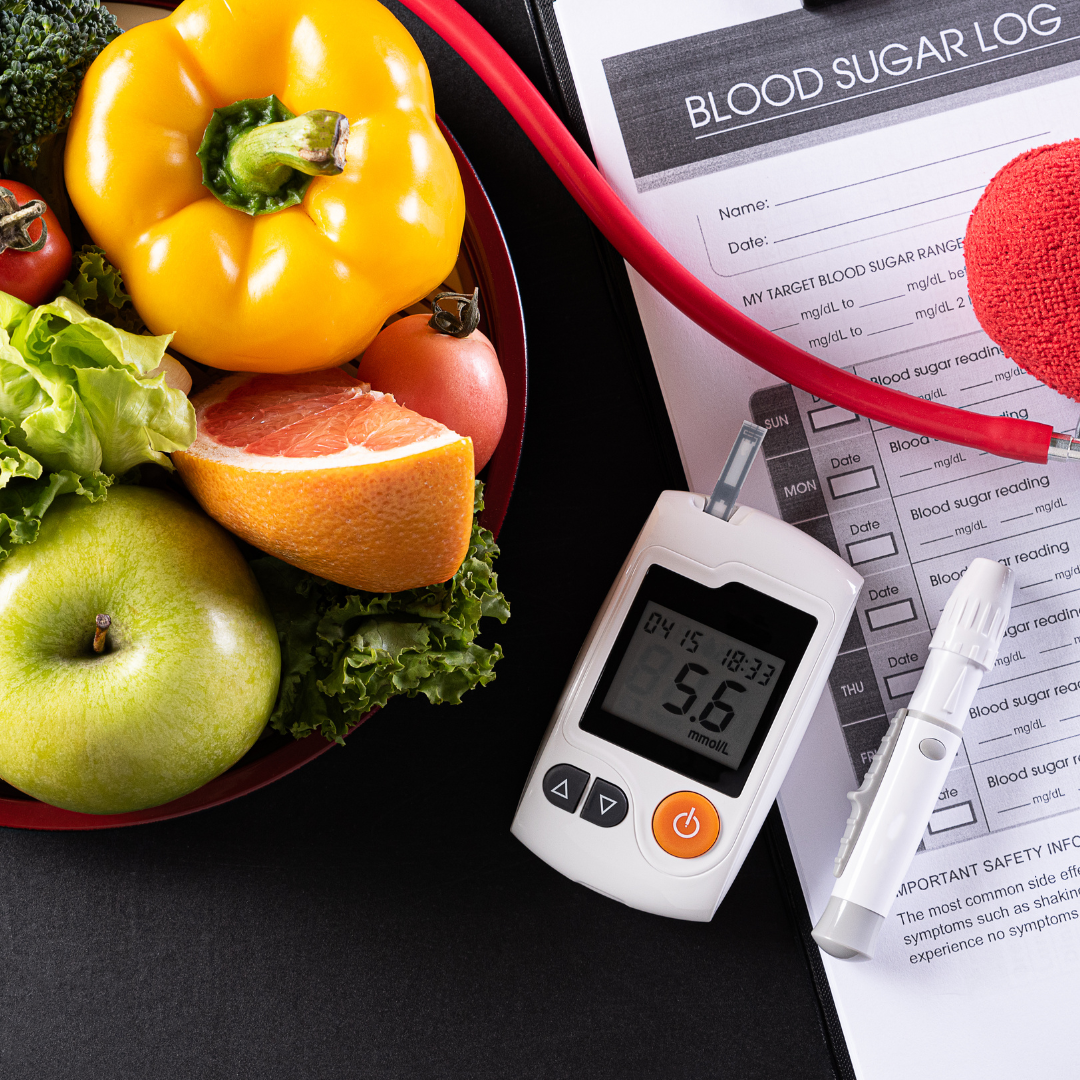Insulin resistance and diabetes are two terms we talk about often in the endocrine world. While the conditions are connected, they are distinct in their characteristics and implications on our health.
Insulin Resistance: The Precursor to Diabetes
Insulin plays a key role in regulating blood sugar levels. Our body converts carbohydrates into glucose and insulin facilitates the entry of glucose into cells. However, in the case of insulin resistance, the normal interaction between insulin and cells becomes disrupted.
Dr. Srujana Yada describes insulin resistance as when “a person must produce more insulin than the general population to keep his blood sugars levels normal. In other words, insulin resistance means that they need more insulin to keep the glucose levels at a normal range than others.”
Insulin resistance can present in a number of ways, including:
- Impaired glucose tolerance, impaired fasting glucose, type 2 diabetes mellitus, increased insulin requirements in type 1 diabetes
- Hypertension (high blood pressure)
- Hyperlipidemia (high cholesterol)
- Coronary artery disease
- Metabolic syndrome (conditions that increase the risk of heart disease, stroke and diabetes)
- Polycystic ovary syndrome (PCOS)
- Nonalcoholic fatty liver disease
- Certain obesity-related malignancies (eg, endometrial cancer)
Insulin resistance typically precedes the development of Type 2 diabetes, and is diagnosed based upon clinical findings, which include:
- Hyperglycemia (high blood sugar)
- Dyslipidemia (lipid imbalance)
- Abdominal obesity
- Hypertension (high blood pressure)
Diabetes: Improper Blood Sugar Regulation
Diabetes is a chronic condition characterized by high levels of glucose in the blood. Diabetes occurs when your pancreas is not making enough insulin to regulate your blood sugar, often due to prolonged insulin resistance. Similarly, prediabetes occurs in about 1 out of every 3 adults in the United States and means that your blood glucose levels are higher than normal but not high enough to be considered diabetes yet.
Diabetes is diagnosed based on specific blood sugar levels that consistently exceed normal ranges. Once diagnosed, diabetes requires careful management to prevent complications.
Can you prevent insulin resistance?
Unfortunately you can’t prevent insulin resisitance entirely, but living a healthy lifestyle can help make your body’s cells more receptive to insulin. Our team of endocrinologists recommend taking proactive steps toward managing insulin resistance and ultimately preventing the progression to diabetes. Adopting a balanced diet, maintaining a healthy weight, staying physically active and scheduling regular medical appointments and screenings can lead to significant improvements in your overall health.
If you need to make lifestyle changes, our medically supervised NextStepMD weight loss program can help you gain better control of your health. The NextStepMD health and wellness coaches offer one-on-one sessions and work closely with you to recommend the methods that offer the greatest opportunities of success.
In addition to adopting a healthy lifestyle, your doctor may recommend taking an insulin-sensitizing medication to manage your glucose control.
Endocrinologists in Austin, TX
If you’d like to learn more about our full range of endocrine services, please call Texas Diabetes and Endocrinology at (512) 458-8400 or request an appointment online.
Don’t forget to follow us on Facebook and Instagram and check back with us each month as we provide you helpful wellness and health information.



